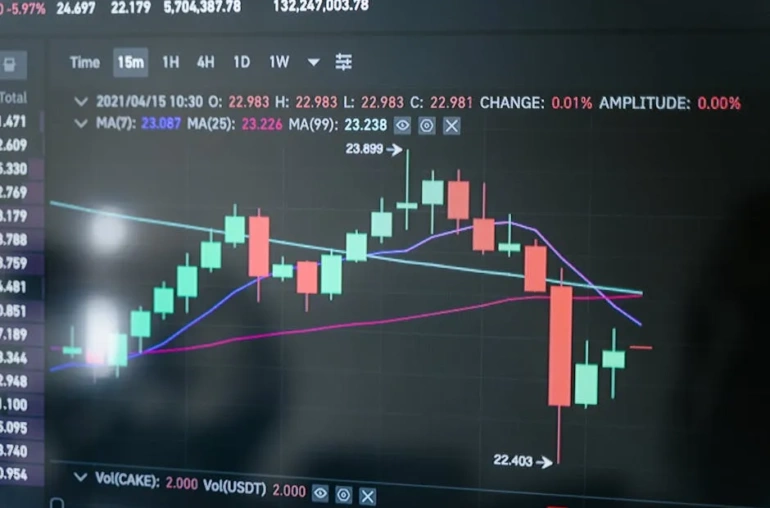
Swiss Regulator GESPA Challenges FIFA’s NFT Platform Over Gambling Concerns
In a significant move within the intersection of sports and digital assets, Switzerland’s national gambling authority, known as GESPA (Eidgenössische Spielbankenkommission), has formally lodged a complaint against FIFA’s NFT platform. The regulator’s main concern revolves around the user rewards offered on the platform, which they believe incorporate elements of chance akin to gambling activities.
The Nature of the Complaint
According to GESPA, the mechanics of FIFA’s NFT platform could mislead users, as the rewards they receive may not be guaranteed and could depend on varying degrees of luck. This classification is critical, as any operation deemed to involve gambling must adhere to stringent regulatory frameworks designed to protect consumers and ensure fair play.
Understanding NFTs and Gambling Dynamics
Non-fungible tokens (NFTs) have seen a meteoric rise in popularity, particularly in the realms of sports and entertainment. They allow users to buy, sell, and trade unique digital assets, often tied to exclusive content or experiences. However, the introduction of reward systems that carry a chance element can blur the lines between legitimate business operations and gambling, raising red flags for regulators.
The Broader Implications
This complaint from GESPA is part of a larger trend where regulatory bodies worldwide are starting to scrutinize the burgeoning NFT market. As digital assets continue to gain traction, authorities are becoming increasingly aware of the potential risks associated with gambling-like elements in these platforms. The outcome of this case could set a precedent for how similar platforms operate in the future.
What’s Next for FIFA’s NFT Platform?
FIFA now faces the challenge of addressing these regulatory concerns while maintaining its innovative edge in the rapidly evolving market of digital collectibles. As they navigate this situation, FIFA will need to engage with GESPA and possibly adapt their platform to align with legal requirements, ensuring that they do not inadvertently expose users to unregulated gambling risks.
Conclusion
The intersection of NFTs and gambling regulations represents a complex landscape that both consumers and businesses must navigate carefully. As GESPA continues to investigate FIFA’s NFT platform, the outcome could influence not only how FIFA operates but also how other entities within the crypto space approach user engagement and reward systems. Stakeholders across the board will be watching closely as this situation unfolds, eager to understand the implications for the future of digital asset management in sports.



